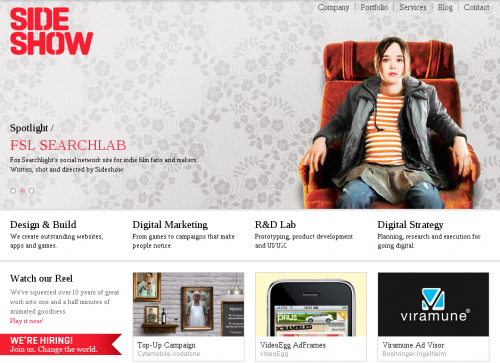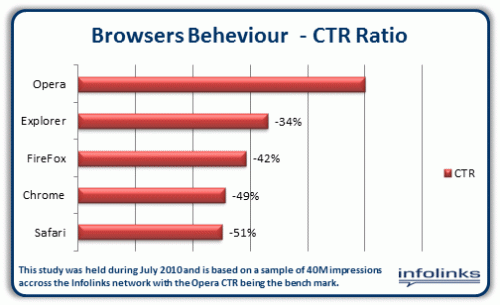Via this post to Google Reader blog I’ve learned the Bloglines news. The service will be closed on October 1st.
Today, Ask.com let our users know that we will shut down Bloglines on October 1. Not an easy decision, especially considering our loyal and supportive (not to mention patient) user base, but, ultimately, the right one given business reasons simply too hard to ignore.
While I myself switched four years ago, I know that some people are still using the service (hi mom!). Everyone is encouraged to migrate to some other news reader. My recommendation is, of course, Google Reader. And the migration process should be simple and straight forward: export subscriptions as a single OPML file from Bloglines and import them into Google Reader.
While Google Reader is a superior service these days, it came later and from a bigger company than the original Bloglines. Back, when people were just figuring out how to use RSS en masse, Bloglines offered a simple and very convenient way. It was so simple in fact, that you didn’t need to know much about RSS at all. It was so simple, that even my mother, who avoids web services as much as possible, was able to use and enjoy it.
And even though I haven’t used Bloglines at all in the last four years, it’s sad to see it go. For me it was one of those milestones in the Web history.

